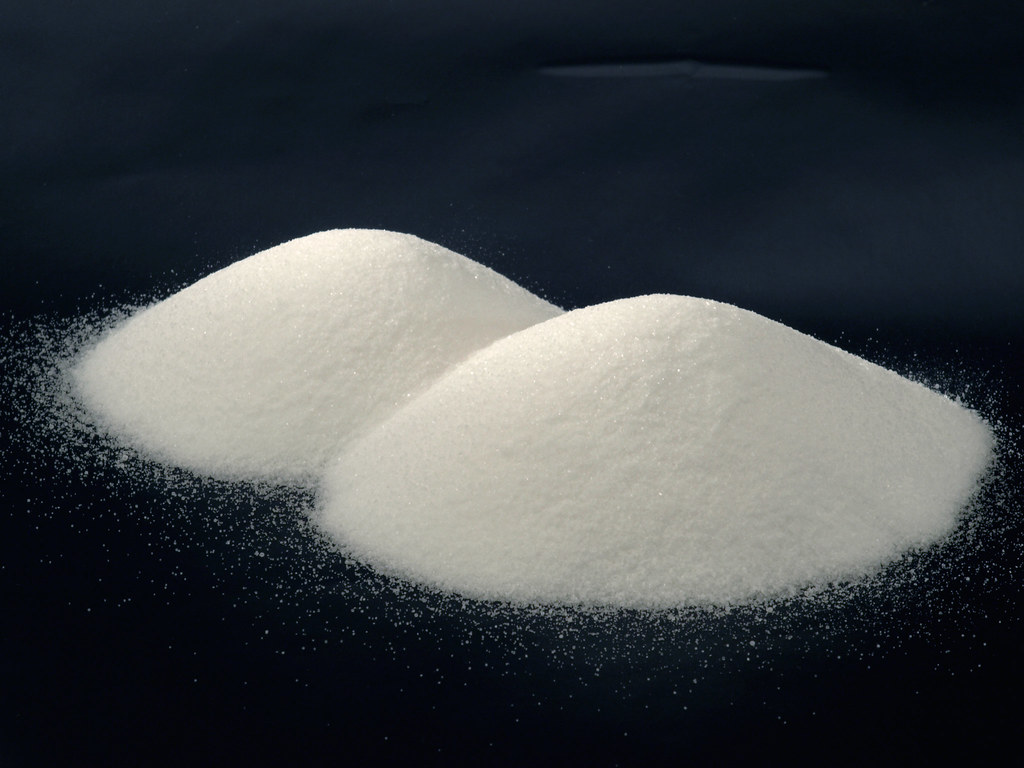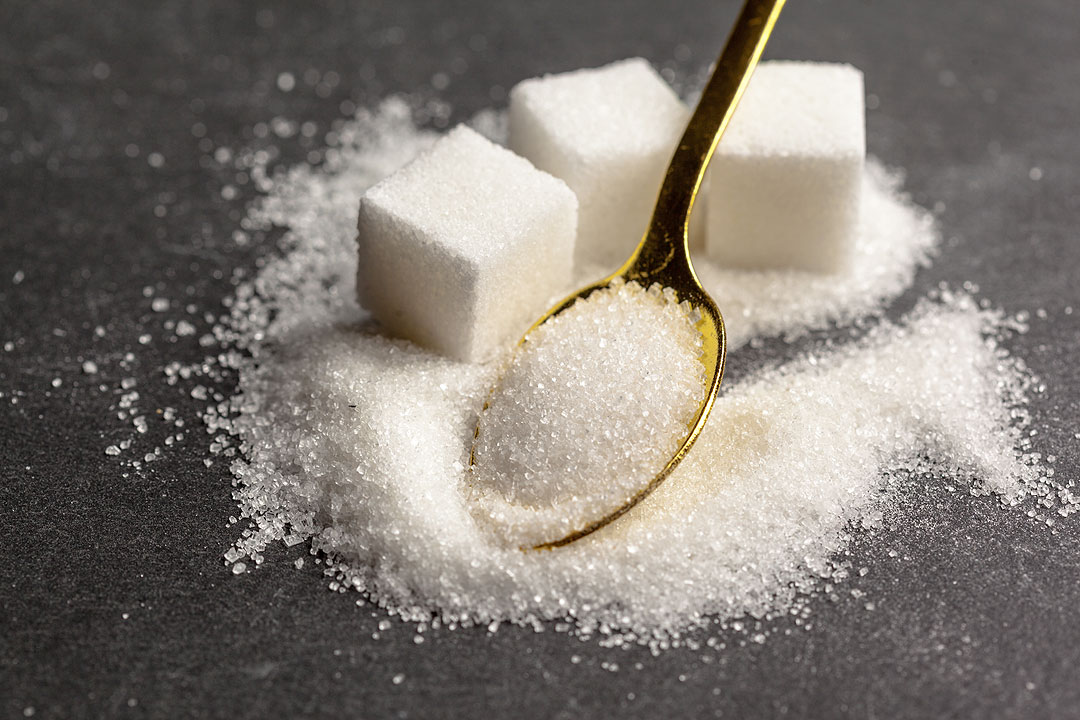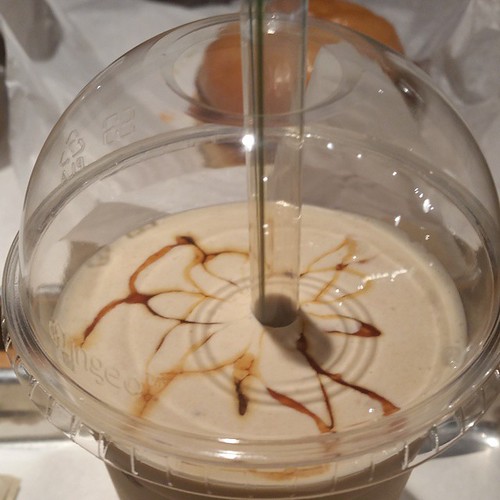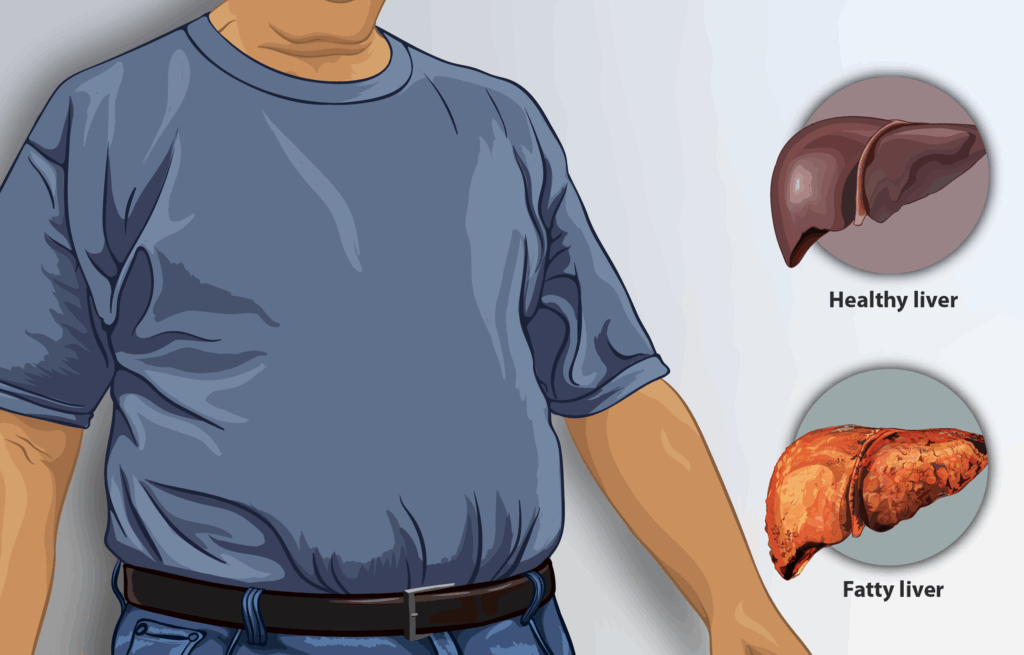
Look closely at the world’s most powerful CEOs, and you’ll undoubtedly notice the polished suits, the private jets, and the billion-dollar valuations that accompany their success. Yet, if we peel back the layers, there’s a quieter, often overlooked detail that fundamentally drives their extraordinary performance: what they choose to eat. For these leaders, nutrition isn’t a casual afterthought or a matter of convenience; it’s a meticulously crafted weapon in their arsenal, designed to maintain peak cognitive function and unwavering energy levels. They understand that the right fuel can sustain them through back-to-back negotiations, transatlantic flights, and days that often stretch well past midnight, while the wrong choices can spell sluggish thinking, poor judgment, and missed opportunities. It’s a strategic edge, hidden in plain sight.
The hidden edge of food in leadership is particularly striking when you consider the relentless pace of a modern CEO’s life – a whirlwind of stress, constant travel, 5 a.m. calls, and high-stakes boardroom battles. In such a demanding environment, food transcends mere survival; it becomes a critical strategy for maintaining focus and resilience. As a large survey of nearly 20,000 employees, reported by Business News Daily, underscored, individuals eating unhealthy diets were a staggering 66 percent more likely to feel unproductive. This isn’t just theory; it’s a lived reality impacting productivity and decision-making in offices everywhere. Top leaders instinctively know that a poor lunch choice can, quite literally, sink the rest of their day, making intentional nutrition a non-negotiable aspect of their daily routine.
This deep understanding of food’s power means that just as these visionary leaders meticulously structure their calendars, they approach their meals with the same precise intent. They actively seek out foods that will empower them, and, crucially, they rigorously avoid those that will hinder their cognitive abilities and energy reserves. While we often celebrate their innovative strategies and unwavering discipline, it’s this uny foundation—their dietary choices—that forms the bedrock of their ability to perform under immense pressure. Let’s dive into the 12 specific snacks and food categories that these sharpest minds absolutely steer clear of, ensuring they remain clear-headed, energetic, and ready to conquer any challenge that comes their way.
1. **Refined Carbohydrates and Sugary Pastries: The Insidious Cycle of Rapid Spike and Debilitating Crash**
Starting the day with a large muffin or a slice of toasted white bread might seem innocuous, but for a CEO, it’s akin to deliberately sabotaging the morning’s critical decision-making window. These items, categorized as simple carbohydrates or refined carbohydrates, quickly flood the bloodstream with glucose. While glucose is essential energy for brain cells, its rapid absorption creates a significant blood sugar imbalance that high-performing individuals meticulously avoid, understanding its direct link to impaired concentration and mental agility.
Neurologist Dr. Arif Dalvi warns that simple carbs can lead to an immediate blood sugar spike, inevitably followed by a sharp decline, or a ‘crash,’ which directly causes trouble concentrating. Registered dietitian Yaa Boakye echoes this, explaining that when blood sugar levels are either too high or too low, our ability to maintain focus plummets. This volatile roller coaster of energy, characteristic of diets rich in white bread, white flour, breakfast cereals, sweets, and snacks, is precisely what top executives cannot afford in their demanding roles, where sustained mental clarity is paramount.
The consequences extend beyond a mere dip in energy. Scientific research consistently demonstrates that a side effect of this blood sugar imbalance is a pronounced difficulty in concentrating. Imagine attempting to navigate complex negotiations or analyze intricate market data while your brain is struggling with the aftermath of a sugar surge. This fog and fatigue, often described as feeling ‘sleepy’ or ‘unfocused,’ is a direct impediment to the kind of laser-like mental focus required at the highest echelons of business.
However, there’s a silver lining for those who occasionally indulge. Boakye offers practical, actionable advice for mitigating these effects: ‘Healthy fats and proteins mitigate the extreme effects simple carbohydrates can have on blood sugar.’ So, if a pastry or toast is an occasional treat, pairing it with a source of healthy fat, like avocado, and protein, such as smoked salmon, can help stabilize blood sugar and prevent the dreaded concentration slump, allowing you to enjoy without paying tomorrow’s price for tonight’s indulgence.

2. **Excessively Salty Foods: Disrupting Vital Electrolyte Balance and Fostering Brain Inflammation**
Beyond the well-known impact of sugar, another often-overlooked culprit that can significantly derail focus and cognitive performance is a diet rich in sodium. For high-performing individuals, the subtle yet profound effects of salty foods on brain function are a critical consideration, and they actively limit their intake to ensure consistent mental sharpness. The implications of excessive salt consumption extend far beyond just physical health, directly impacting the very clarity CEOs need to excel.
Dr. Arif Dalvi highlights that foods high in salt ‘can trigger an electrolyte imbalance.’ This disruption isn’t just about general body function; it has direct consequences for the brain. When electrolytes are out of sync, it creates an inflammatory response within the brain itself, which, in turn, can severely interfere with both short-term memory and the ability to maintain concentration. For leaders who rely on quick recall and sustained focus through lengthy meetings, this invisible sabotage is a risk they simply cannot take.
Consider the common examples: instant soup, a casual bag of french fries, salty potato chips, or a sandwich laden with cold cuts. These seemingly convenient lunch options, if high in sodium, can lead to that afternoon slump where powering through tasks becomes an uphill battle. The brain, inflamed and imbalanced, struggles to perform at its optimal level, making complex problem-solving or sustained analytical work feel impossible. This direct impact on cognitive function explains why top performers are so vigilant about their sodium intake.
To proactively avoid this concentration trap, the guidance is clear and actionable: strive to consume less than 3,400 milligrams of sodium a day. It’s also crucial to remember that salt can creep into the diet from surprising sources. Items like many salad dressings, various condiments, and even processed cheese often contain hidden sodium levels that can quickly add up, contributing to the very electrolyte imbalance that CEOs are so careful to circumvent. Mindful tracking and ingredient checks become essential tools for maintaining peak brain health.

3. **Sugar-Sweetened Beverages: The Deceptive Energy Jolt Followed by an Inevitable Concentration Drain**
For many, a can of soda or a sugary juice drink is a tempting go-to for a quick energy boost, a perceived jolt to power through an afternoon slump. However, the experts uniformly caution against this habit, asserting that these beverages are one of the surest ways to undermine concentration and ultimately backfire on productivity. Their impact on the brain is remarkably similar to that of refined carbohydrates and pastries, setting off a cascade of physiological responses that CEOs meticulously avoid.
Registered dietitian Claire Rifkin succinctly explains the mechanism: ‘Sugar-sweetened beverages like soda and juice can cause rapid increases in blood sugar, followed by a decline in blood sugar.’ Initially, these drinks flood the brain with glucose, creating a fleeting sensation of alertness and energy. Yet, this brief, theoretical aid in concentration is quickly negated by the subsequent ‘sugar crash,’ making it significantly harder to maintain focused concentration, according to Rifkin. It’s a classic example of a short-term gain leading to a long-term loss in mental acuity.
This deceptive cycle means that the initial ‘jolt’ is just that—a temporary illusion. As the body frantically works to process the sudden influx of sugar, blood glucose levels plummet, leaving individuals feeling sluggish, irritable, and unfocused. For leaders needing to navigate critical decisions or maintain composure in high-pressure situations, this unpredictable fluctuation in energy and concentration is a non-starter. It introduces an unnecessary element of instability into a day that demands unwavering performance.
Instead of reaching for these detrimental drinks, the advice from Dr. Dalvi is refreshingly simple and profoundly effective: prioritize regular old H2O. It’s a fun fact that water accounts for 75% of brain mass, underscoring its vital role. Dalvi emphasizes, ‘When you’re dehydrated, you’re disrupting the electrolyte balance in the body as a whole, including within brain neurons, so not staying well-hydrated can certainly affect your concentration.’ Even a mild 2% dehydration can negatively impact brain function, highlighting why CEOs treat hydration as a fundamental pillar of their performance strategy, aiming for 11.5 to 15.5 cups a day depending on individual needs.

4. **Over-Caffeination: When the ‘Pick-Me-Up’ Morphs into Jitters and Reduced Focus**Coffee holds a revered place in many professional routines, often seen as an indispensable tool for boosting alertness and mental horsepower. For countless individuals, it’s the daily ritual that kick-starts productivity. However, top CEOs and health experts alike understand that there’s a fine line between a beneficial boost and a detrimental overload, and crossing that line can transform a concentration aid into a significant liability, actively hindering sharp decision-making and sustained focus.
Dr. Arif Dalvi articulates this delicate balance with the concept of a ‘U-shaped curve’ for coffee consumption. He notes, ‘If you drink a little bit, it can make you more alert, but if you keep drinking more and more of it, the benefits fade.’ Beyond a certain point, the very substance intended to sharpen the mind begins to induce counterproductive effects, leading to feelings of jitteriness, anxiety, and a fragmented ability to concentrate. This isn’t about eliminating coffee entirely, but understanding its optimal dosage.
Registered dietitian Yaa Boakye further emphasizes the highly individualized nature of caffeine’s effects, reminding us that ‘caffeine affects people differently.’ What might be a moderate intake for one person could be an excessive, focus-disrupting amount for another. For some, even a small cup can trigger jitters, anxiety, and a consequent struggle to maintain focus, creating an unwanted distraction from the tasks at hand. This means that personal awareness and careful self-monitoring are crucial for executives who cannot afford such mental fragmentation.
Therefore, the strategic approach for CEOs isn’t about demonizing coffee, but rather about respecting its power and understanding their personal threshold. It’s about consuming it with intent, perhaps opting for green tea, which often provides a steadier, more sustained lift without the acute peaks and valleys. The goal is to leverage caffeine for enhanced alertness without venturing into the territory where it compromises the calm, steady concentration essential for making high-stakes decisions and navigating complex challenges.

5. **Foods Triggering Intolerances or Sensitivities (e.g., Dairy): The Distracting Discomfort That Diverts Mental Resources**
For any individual striving for peak performance, enduring gastrointestinal discomfort is an undeniable and powerful distraction. For a CEO whose day demands unwavering focus, the internal disruption caused by food intolerances or sensitivities is an absolute no-go, effectively siphoning mental energy away from critical tasks and towards physiological distress. When your body is fighting a food, your brain simply cannot perform at its best, making the identification and avoidance of such triggers a strategic imperative.
Dr. Kevin Cooke, an internal medicine doctor at Aviv Clinics, highlights a common culprit: dairy. He explains, ‘When someone with a dairy intolerance consumes dairy products, it can trigger an inflammatory response in the body.’ This inflammation isn’t confined to the gut; it can have systemic effects that ripple through the body, profoundly impacting cognitive functions. The connection between gut health and brain health is a well-established and critically important area that top performers simply cannot ignore.
The cognitive ramifications of this inflammatory response are precisely what CEOs are keen to avoid. Cooke points out that it can lead to symptoms commonly associated with brain fog, including ‘difficulty concentrating, forgetfulness, and confusion.’ Imagine trying to lead a pivotal strategy meeting or deliver a persuasive presentation while grappling with internal discomfort and a clouded mind. These symptoms directly undermine the clarity and sharpness required for effective leadership, forcing mental resources to be diverted to managing physical distress rather than engaging with complex business challenges.
Given the subtle and often insidious nature of food intolerances, Dr. Arif Dalvi offers a highly practical and actionable piece of advice: keep a food diary. By meticulously logging what you eat and meticulously noting how you feel afterward—including your mental state—you can begin to identify patterns and pinpoint specific foods that trigger adverse reactions. This disciplined approach empowers individuals to eliminate dietary saboteurs, allowing their brains to function without the internal noise and distraction, thereby preserving their most valuable asset: their uninterrupted focus.

6. **Highly Processed ‘Health’ Bars and Syrupy Smoothies: Convenience Foods That Often Betray Their Promise of Sustained Energy**
In the relentless pace of an executive’s life, convenience is often king. It’s easy to fall prey to the allure of what *appears* to be a healthy, quick fix—the granola bar marketed as a ‘power’ snack or the pre-packaged smoothie promising a ‘nutrient boost.’ However, top CEOs and those committed to sustained performance have learned to look past the marketing hype and scrutinize these items. They understand that many of these ‘health’ foods are, in reality, highly processed options loaded with hidden sugars, unhealthy additives, and a distinct lack of the clean, balanced fuel their brains truly demand.
The seasoned executive, operating under immense pressure, lives by strict snack rules: ‘Clean and simple – Nothing overly processed. Balanced – Some protein, healthy fat, and fiber. Easy to carry – No mess, no refrigeration. Low sugar – Natural sweetness is fine, but I avoid spikes.’ These principles immediately flag many of the popular ‘health’ bars. The context describes ‘granola bars with a laundry list of ingredients,’ signaling a red flag for processed components and often, excessive sugars that contribute to the very energy spikes and crashes CEOs are so diligently trying to avoid. Such items offer a fleeting illusion of energy, followed by the inevitable productivity dip.
Similarly, the seemingly innocuous ‘yogurts or smoothies with more sugar than dessert’ are another category of deceptive convenience. While they might contain some beneficial ingredients, their high sugar content often negates any health benefits, transforming them into another source of blood sugar volatility. These products typically lack the balanced profile of protein, healthy fats, and fiber needed to provide sustained energy release, instead contributing to the very focus-disrupting highs and lows that can derail an executive’s demanding afternoon.
For CEOs, the lesson is clear: true convenience comes from intelligently chosen, minimally processed items. The focus is on whole, simple ingredients that reliably fuel the brain and body without hidden traps. This discerning approach means actively avoiding these highly processed ‘health’ imposters, opting instead for snacks like a handful of raw nuts, dried fruits with no added sugar, or roasted chickpeas. These choices, aligned with their core principles, ensure that every bite contributes to unwavering clarity and peak performance, rather than undermining it.
Navigating the daily demands of a CEO requires more than just avoiding immediate pitfalls; it necessitates a proactive strategy to sidestep long-term traps that erode sustained performance and mental resilience. The choices made consistently, day in and day out, form the bedrock of enduring clarity and boundless energy. Just as these leaders build robust companies, they meticulously construct a diet that supports their ability to think sharply, recover effectively, and lead with unwavering focus over the long haul. This next set of insights reveals the strategic food choices and eating patterns that top executives consciously avoid to ensure they remain at the peak of their game, ready for whatever the future holds.

7. **High Mercury Content Fish: The Hidden Toxin Undermining Long-Term Brain Health**While fish is often lauded for its brain-boosting omega-3 fatty acids, a critical distinction must be made regarding the type of fish consumed. For leaders who prioritize sustained cognitive function and long-term health, certain large fish present a significant, often overlooked, risk due to their mercury content. This isn’t about an immediate energy dip, but a subtle, insidious threat to the brain’s very structure and functionality over time, demanding a vigilant approach to seafood selection.
Studies reveal a stark reality: high mercury consumption can precipitate neurodegenerative diseases such as Parkinson’s and Alzheimer’s, while also impairing cognitive and motor function. For an executive whose career hinges on razor-sharp decision-making, memory retention, and fluid thought processes, this long-term risk is simply unacceptable. It underscores why a discerning approach to diet extends beyond macronutrients to micronutrient toxicities.
Therefore, the strategic avoidance for top performers isn’t just about limiting *all* fish, but specifically limiting large predatory fish. Tuna, swordfish, tilefish, and shark are common culprits known for accumulating higher levels of mercury. Their position higher up the food chain means they consume smaller fish, leading to a biomagnification of this heavy metal within their tissues.
To safeguard mental acuity and reduce the risk of such brain-related diseases, the advice is clear and actionable: focus instead on smaller fish. Salmon, sardines, trout, and herring offer an abundance of beneficial omega-3s with significantly lower mercury levels. This conscious choice allows CEOs to harness the brain-supportive power of seafood without inadvertently compromising their long-term cognitive assets, ensuring their mental capital remains protected and thriving.

8. **Excess Alcohol Consumption: The Stealthy Saboteur of Recovery and Focus**For many, a glass of wine or a cocktail can seem like a harmless way to unwind after a high-pressure day. Yet, for CEOs committed to sustained peak performance, excess alcohol consumption is identified as a stealthy saboteur that gradually erodes cognitive function, impairs recovery, and undermines the very foundation of sharp decision-making. This isn’t about occasional indulgence but a consistent pattern that subtly chips away at mental and physical reserves.
Heavy alcohol consumption introduces a cascade of negative effects that extend deep into brain physiology. Research indicates it’s associated with significant changes in brain volume and metabolism, directly impacting the neural pathways responsible for complex thought. Furthermore, it alters neurotransmitter function, disrupting the delicate chemical balance essential for mood regulation, learning, and memory. These are not trivial impacts; they are fundamental assaults on the brain’s operating system.
Beyond the direct neurological effects, excess alcohol profoundly impacts sleep patterns. Even moderate consumption can disrupt REM sleep, the most restorative phase, leading to fragmented rest. The consequence is a predictable cycle of fatigue, poor memory consolidation, and that pervasive ‘brain fog’ that makes sustained focus an uphill battle. Hungover individuals, as studies show, report a significantly greater perceived effort during task performance, a luxury no CEO can afford.
To mitigate these risks and protect their cognitive edge, top leaders adhere to clear guidelines. The 2020-2025 Dietary Guidelines for Americans offers a prudent benchmark: limit alcohol intake to no more than one drink per day for women and two drinks per day for men. This disciplined approach acknowledges alcohol’s potential to compromise recovery and clarity, transforming a casual habit into a strategic avoidance for those who demand uncompromising performance from their minds and bodies.

9. **Heavy Midnight Meals: The Sleep Saboteur and Next-Day Performance Deficit**In the high-octane world of executive leadership, where deadlines loom and decisions are made around the clock, the temptation to grab a late-night, heavy meal after a grueling day can be strong. However, top CEOs universally recognize this as a critical eating pattern to avoid. A substantial meal late in the evening isn’t just about calories; it’s a direct assault on the body’s recovery processes and a guaranteed pathway to starting the next day at a significant cognitive and energetic deficit.
The physiology is straightforward yet often overlooked: “Timing is underrated. A heavy midnight meal forces the body to digest instead of recover.” The body, instead of entering its restorative sleep phase, is forced into active digestion. This metabolic activity elevates core body temperature and can lead to discomfort, restlessness, and disturbed sleep architecture. The quality of sleep falls dramatically, meaning leaders don’t get the deep rest needed to consolidate memories, repair tissues, and clear metabolic byproducts from the brain.
Richard Branson, a titan of industry, openly admits to keeping meals light when dining out, specifically because he understands the morning-after consequences. It’s a pragmatic decision, not an act of deprivation. The cost of ‘tonight’s indulgence’ becomes ‘tomorrow’s price,’ manifesting as sluggishness, irritability, and a marked reduction in mental sharpness. This lack of full recovery directly impacts patience, stress handling, and the ability to make billion-dollar calls with clarity.
Therefore, the unwritten rule among high-performing CEOs is to favor “light evenings.” Instead of a late steak dinner, they opt for something that won’t sabotage sleep, such as a simple soup, a stir-fry, or a salad with lean protein. This strategic timing of meals is a fundamental aspect of their “Rhythm matters” philosophy, ensuring that energy is managed like capital—invested carefully throughout the day and preserved for optimal recovery, setting the stage for consistent peak performance.

10. **Skipping Breakfast and Irregular Meal Rhythms: Undermining Consistent Energy Flow**In the demanding life of a CEO, where calendars are meticulously structured, the importance of consistent meal timing, particularly breakfast, cannot be overstated. While the immediate consequences of skipping a meal might seem negligible, a pattern of irregular eating, especially missing the first meal of the day, is a profound pitfall that top leaders actively sidestep. This seemingly simple habit forms a cornerstone of their sustained energy management, ensuring consistent fuel for their high-stakes roles.
As the context highlights, “none of these people skip the first meal of the day. They don’t gamble with blood sugar crashes in the middle of a decision-heavy morning.” Breakfast is their first strategic deal, providing essential glucose to the brain and kick-starting metabolism. Skipping it creates a foundation of instability, leading to inevitable blood sugar fluctuations that directly impair concentration and decision-making when the pressure is highest.
Beyond breakfast, the principle of “Rhythm matters: Meals at roughly the same times” is a crucial unwritten rule. This consistent schedule helps regulate blood sugar, stabilize mood, and prevent the severe hunger pangs that often lead to impulsive, unhealthy food choices. When energy is “managed like capital invested carefully,” it means avoiding the feast-or-famine cycle that exhausts the body’s reserves and compromises mental endurance.
The consequences of this strategic neglect are clear: “Skipping breakfast, then overeating at lunch” leads to a cycle of spikes and crashes that undermine overall productivity. John Mackey, the Whole Foods co-founder, and Richard Branson exemplify this discipline, opting for high-fiber, plant-heavy, or protein-rich breakfasts consistently. Their choices are deliberate, designed to provide steady, long-lasting energy that fuels their demanding schedules without the dreaded midday slump, allowing them to perform optimally from morning till night.

11. **Diets High in Saturated and Trans Fats: The Silent Erosion of Cognitive Function**While highly processed foods were touched upon earlier, their specific fat content represents another critical long-term pitfall that top CEOs meticulously avoid for sustained cognitive health. Diets rich in saturated and trans fats are not merely detrimental to cardiovascular health; emerging research increasingly points to their silent erosion of focus levels and overall brain function, presenting a significant threat to long-term mental sharpness.
Highly processed foods are notorious for containing high levels of these unhealthy fats, which act as more than just empty calories. Studies have shown a direct link between the consumption of meals higher in saturated fat and increased difficulty concentrating, alongside impaired task performance over several hours. This isn’t a fleeting sugar crash; it’s a sustained drag on mental faculties that can compound over time, making complex problem-solving and sustained analytical work increasingly arduous.
The implications for long-term brain health are even more concerning. Excessive intake of saturated and trans fats has been associated with inflammatory diseases such as Alzheimer’s and dementia. For leaders whose legacies are built on their intellectual prowess and ability to navigate complex challenges for decades, protecting brain longevity is paramount. This necessitates a proactive strategy to limit or avoid foods that directly contribute to neural inflammation and cognitive decline.
Therefore, the conscious avoidance extends to items like excessive butter, cured and processed meats, cheese, coconut/palm oil, and milk chocolate, which are known for their high saturated fat content. CEOs prioritize “good fats” from sources like fish, nuts, and olive oil, understanding that these nourish the brain and regulate hormones, supporting rather than undermining peak performance. This disciplined dietary choice isn’t about short-term gains but a profound investment in preserving their most valuable asset: a fully functioning, agile mind for years to come.

12. **Inadequate Hydration: The Silent Killer of Sustained Performance**Amidst the whirlwind of meetings, travel, and high-stakes decisions, the most fundamental and often overlooked pillar of sustained CEO performance is optimal hydration. While sugary drinks were highlighted as an immediate hazard, the broader and more insidious pitfall is simply *inadequate hydration*—a chronic state of mild dehydration that silently yet powerfully diminishes concentration, mood, and overall cognitive output, making it a critical strategic avoidance.
Dr. Arif Dalvi succinctly states, “When you’re dehydrated, you’re disrupting the electrolyte balance in the body as a whole, including within brain neurons, so not staying well-hydrated can certainly affect your concentration.” The brain, composed of 75% water, is exquisitely sensitive to even minor fluctuations. Research indicates that even a mild 2% dehydration can negatively impact brain function, leading to reduced focus, slower processing speeds, and impaired memory recall.
For top leaders, “Water is currency: Hydration is constant.” It’s not an occasional thought but a continuous, intentional habit woven into the fabric of their day. They understand that a parched brain cannot perform at its peak, and that consistently neglecting fluid intake introduces an unnecessary element of instability into a demanding schedule. This commitment to hydration is a non-negotiable aspect of their performance strategy, as vital as any strategic business plan.
Instead of waiting for thirst, CEOs proactively sip water throughout the day, aiming for the recommended 11.5 to 15.5 cups daily, depending on individual needs. They might opt for green tea, which offers hydration with a steady, beneficial caffeine lift, without the jitters associated with excessive coffee. This disciplined focus on continuous hydration is a foundational practice, ensuring their brains are consistently fueled and functioning optimally, enabling them to tackle any challenge with unwavering clarity and sustained energy.
**Final Word: Beyond the Boardroom, the Plate Defines Performance**
Read more about: Unmasking the Metabolic Saboteurs: 14 Sneaky Habits Quietly Killing Your Metabolism and What to Do About Them
People love to credit success to strategy, discipline, or even luck. While all true, there’s an uny foundation no one likes to talk about: food. Richard Branson’s fruit bowls, John Mackey’s green smoothies, and Jeff Bezos’s family breakfasts aren’t fleeting trends; they are foundational investments. The same way these leaders meticulously plan meetings or fiercely protect their calendars, they safeguard their fuel. This isn’t about luxury; it’s about survival at the very pinnacle of performance. You don’t need a billionaire’s budget to eat like one. What you need is the discipline to treat every meal, every snack, as a powerful tool, not a mere distraction. Over years, this intentional approach to nutrition consistently separates those who burn out from those who keep building, proving that the pathway to lasting clarity, sustained energy, and unparalleled success begins with what’s on your plate.



